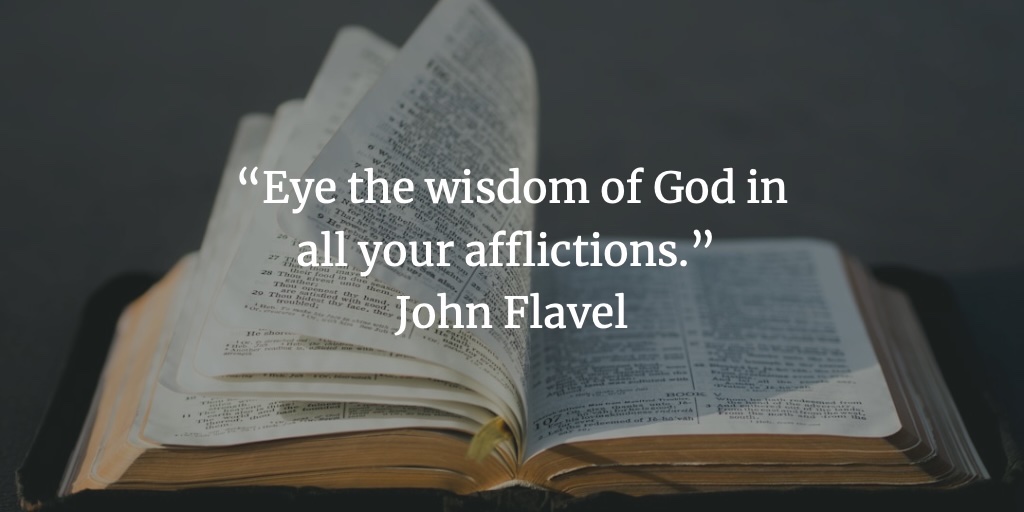
If you had a choice between going through the valley of pain or sitting atop the mountain of pleasure, which would you choose? Seems like a no brainer, right? Who wouldn’t choose the delight of pain-free over the disappointment of pain-full?
Although the Christian life shouldn’t be an intentional path toward suffering, it shouldn’t be surprised by it either. In the context of suffering as a Christian, Peter tells us, “Do not be surprised at the fiery trial when it comes” (1 Peter 4:12).
My concern is that we live in a culture obsessed with pleasure over pain, safety over suffering, and happiness over hardship. In our idolization of the comforts of life, we set ourselves up for failure when we face the inevitable discomforts this side of heaven. We fuel ourselves by the elixirs of the age, but when our tank eventually goes dry, our faith can soon follow.
This applies not only to our own projects of pain avoidance; it spills over into our parenting and friendships as well. Of course, we don’t want our children to suffer, and so we do everything possible to protect, provide, and promise deliverance from any harm or malady. The same goes for our friendships. Someone incurs pain, and we jump on the bandwagon of deliverance, assuming we can somehow control their circumstances better than God.
But here’s the issue. The more we try to intercede according to our plan rather than God’s, the more we may rob ourselves, our children, or our friends of the very healing balm they need: the crucible of suffering.
Authors Lauren and Michael McAfee call suffering “a surgery on the soul” (Beyond Our Control, 15). Perhaps one reason God may allow suffering in our lives is to carve out whatever distracts us from a deeper, more intimate relationship with Him. Suffering can increase our capacity to rejoice. While we don’t aspire to suffer, we endure hardship to be conformed to Christ and bring greater glory to God.
When we walk through “the archway of suffering,” we move down the road to “the glade of gladness” (ibid., 16). But if we make a detour and avoid that archway, we may miss the forthcoming glade as well.
The suffering you endure may come as a result of bad choices (yours or others), circumstances beyond your control, or God’s plan to grow you for something on your horizon. We may never know the cause of our suffering this side of heaven, but there is one thing we can know: the potential outcome. Hardships, though painful and often inexplicable, can still produce in us a Christlike character and greater joy.
John Flavel (c. 1627-1691) once wrote, “Eye the wisdom of God in all your afflictions.” That’s my prayer for you right now. I pray you will eye the wisdom of God, seek Him first and foremost in all your afflictions. If the path before you is hard, know there is One who has gone before you and is with you now, Jesus the Christ. He will never leave you nor abandon you (Hebrews 13:5), even if your path leads you through the archway of suffering. Be assured, the glade of gladness will one day appear—here or in the life to come. Then we will say, “Friend, it was worth it all.”
